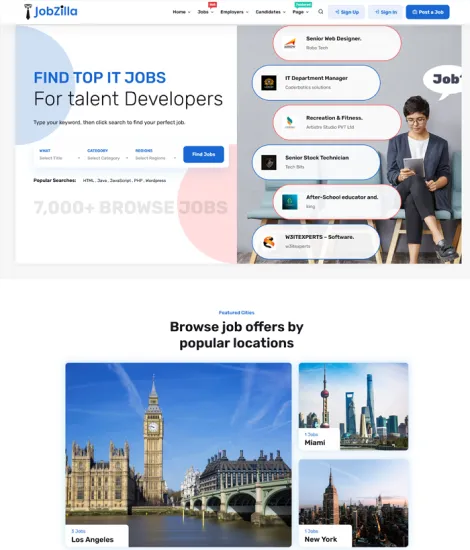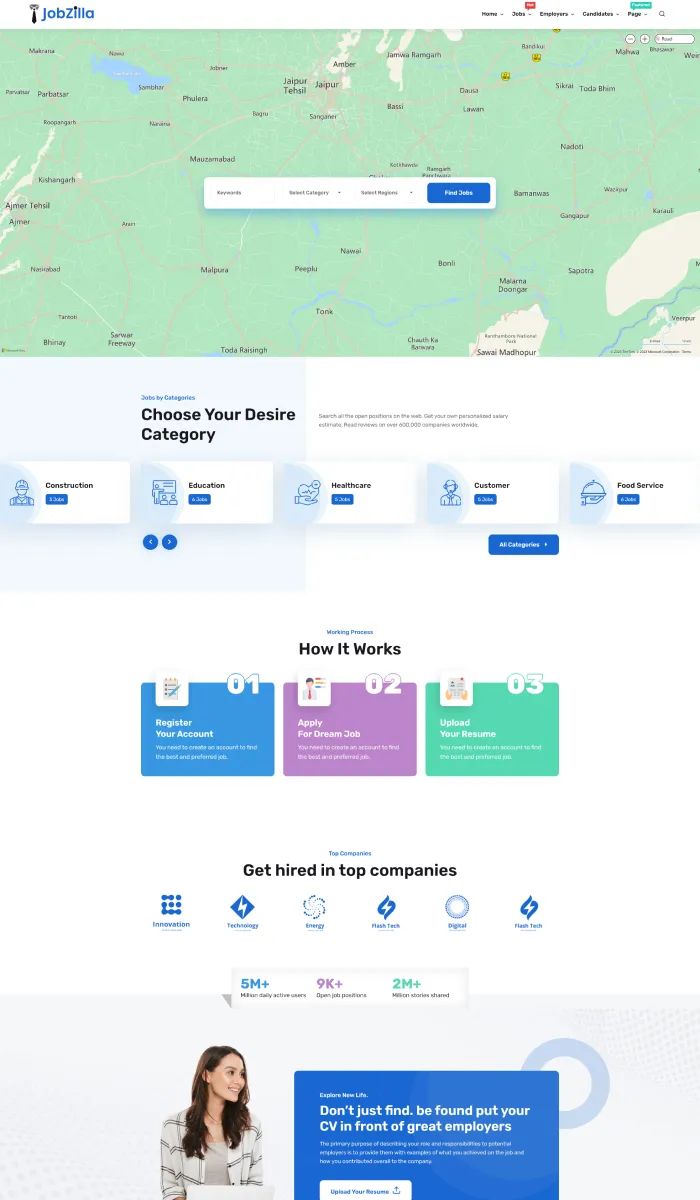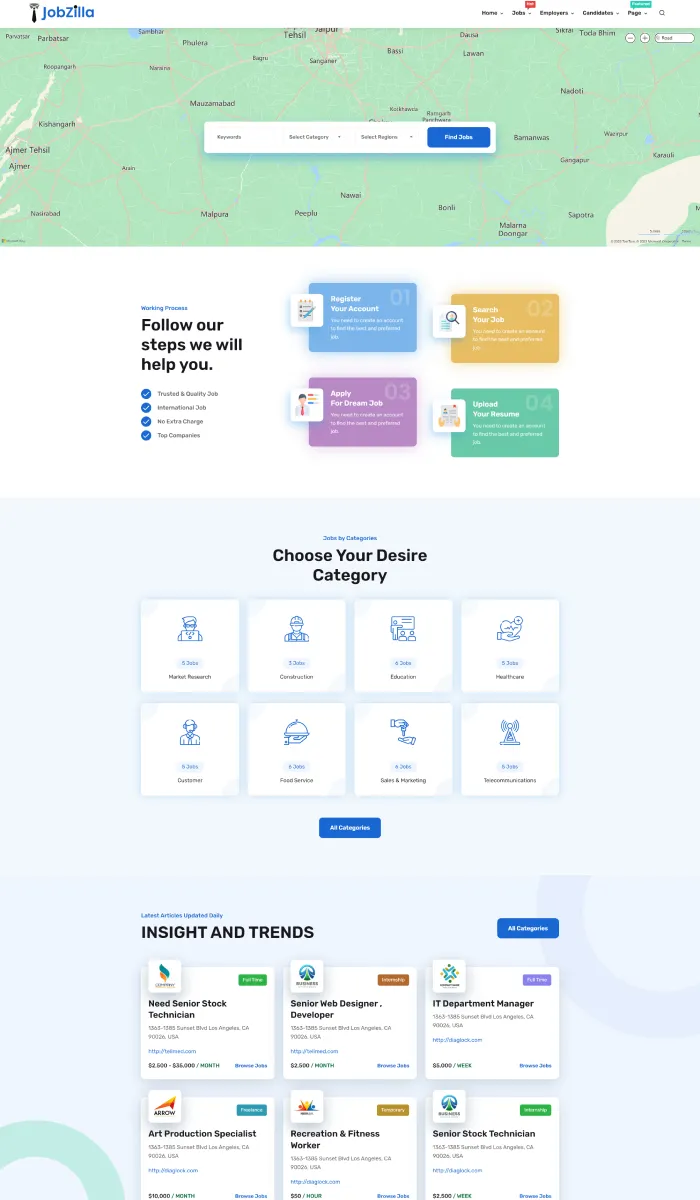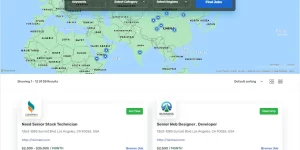Seismic Shifts Underway A breaking news assessment of rapidly changing circumstances and their world
- Seismic Shifts Underway: A breaking news assessment of rapidly changing circumstances and their worldwide impact.
- Geopolitical Realignment: A New World Order?
- Economic Volatility: Navigating the Storm
- The Impact of Inflation on Consumer Spending
- The Role of Central Banks in Stabilizing the Economy
- Supply Chain Resilience and Diversification
- Technological Advancements: A Double-Edged Sword
- The Future of Work in the Age of Automation
- Ethical Considerations in AI Development
- The Potential of Quantum Computing
- The Interconnectedness of Global Challenges
Seismic Shifts Underway: A breaking news assessment of rapidly changing circumstances and their worldwide impact.
The world is witnessing a period of unprecedented change, marked by swift geopolitical shifts, economic volatility, and technological advancements. This breaking news assessment delves into the key developments shaping our present and future, examining their global impact and potential consequences. From evolving international alliances to disruptions in established markets, understanding these seismic shifts is crucial for individuals, businesses, and policymakers alike. We will navigate the complexities of these rapidly changing circumstances, offering a comprehensive overview of the forces at play and their potential trajectories.
Geopolitical Realignment: A New World Order?
The global geopolitical landscape is undergoing a dramatic transformation, with traditional power structures being challenged and new alliances forged. The rise of multipolarity is becoming increasingly evident, as nations assert their independence and seek to diversify their partnerships. These changes are fueled by factors such as economic competition, resource scarcity, and ideological differences. The war in Ukraine, coupled with tensions in the South China Sea, are prime examples of the instability that characterizes the current international order. These conflicts have far-reaching consequences, impacting global supply chains, energy markets, and diplomatic relations.
Furthermore, we are witnessing a re-evaluation of long-standing alliances. Countries are questioning the benefits of existing partnerships and exploring alternative arrangements that better serve their national interests. This has led to a complex web of shifting allegiances, making it difficult to predict the future trajectory of international relations. There’s a growing trend of regionalism, where countries are focusing on strengthening ties with their immediate neighbors. This highlights a need for more localized cooperation and a departure from purely global initiatives.
The implications of these geopolitical realignments are substantial. Businesses must adapt to a more uncertain and fragmented global marketplace. Governments need to reassess their foreign policies and invest in strengthening their alliances. Individuals must prepare for a world where change is the only constant. This interconnectedness means stability in one area directly affects outcomes elsewhere, emphasizing the need for a proactive and adaptable strategy in all sectors.
| Eastern Europe | Russian-Ukrainian Conflict | Increased military spending, energy crisis, refugee flows. |
| Indo-Pacific | Rising Chinese Influence | Trade tensions, naval build-up, regional instability. |
| Middle East | US-Saudi Relations Cooling | Shifting power dynamics, increased regional competition. |
Economic Volatility: Navigating the Storm
The global economy is facing a period of heightened volatility, driven by factors such as inflation, rising interest rates, and supply chain disruptions. These challenges are creating significant headwinds for businesses and consumers alike. Inflation, in particular, is proving to be a persistent problem, eroding purchasing power and stifling economic growth. Central banks around the world are responding by raising interest rates, but this risks triggering a recession. The delicate balance between controlling inflation and maintaining economic growth is becoming increasingly difficult.
Supply chain disruptions, which began during the COVID-19 pandemic, continue to plague the global economy. These disruptions are caused by a variety of factors, including geopolitical tensions, natural disasters, and labor shortages. The result is higher prices, longer lead times, and reduced availability of goods. Businesses are scrambling to diversify their supply chains and build resilience into their operations. However, this is a complex and costly undertaking.
The rise of protectionism is also contributing to economic volatility. Governments are increasingly resorting to trade barriers to protect their domestic industries, which can lead to higher prices and reduced trade flows. This protectionist trend is particularly concerning because it threatens to undermine the multilateral trading system and slow global economic growth. A coordinated global response is needed to address these challenges and promote a more stable and sustainable economic future.
The Impact of Inflation on Consumer Spending
Inflation is having a significant impact on consumer spending, as higher prices force households to cut back on discretionary purchases. This is particularly true for low-income households, which spend a larger proportion of their income on essential goods and services. As a result, consumer confidence is declining, and economic growth is slowing. Businesses are responding by raising prices, which further exacerbates the problem. This inflationary spiral could potentially lead to a broader economic downturn. Strong fiscal policies geared towards aiding those impacted most by rising costs are crucial for maintaining some level of economic stability.
The Role of Central Banks in Stabilizing the Economy
Central banks play a critical role in stabilizing the economy, but their tools are limited. Raising interest rates can help to curb inflation, but it also risks slowing economic growth and increasing unemployment. Central banks must carefully weigh these trade-offs when making policy decisions. They are also exploring other tools, such as quantitative tightening, to reduce the money supply and cool down the economy. However, the effectiveness of these tools is uncertain. International coordination is essential for central banks to effectively address these global economic challenges.
Supply Chain Resilience and Diversification
Building supply chain resilience is crucial for mitigating the impact of future disruptions. Businesses are diversifying their supply chains, reducing their reliance on single suppliers, and investing in new technologies to improve visibility and agility. Governments are also playing a role, providing incentives for companies to onshore or nearshore production. This trend is expected to continue in the years ahead, leading to a more localized and resilient global supply chain. Proactive measures now will safeguard against future disruptions and enhance the overall stability of the global economy.
Technological Advancements: A Double-Edged Sword
Rapid technological advancements are reshaping every aspect of our lives, from the way we communicate to the way we work. Artificial intelligence (AI), machine learning, and automation are transforming industries and creating new opportunities. However, these technologies also pose significant challenges, such as job displacement and ethical concerns. Harnessing the potential of technology while mitigating its risks requires careful planning and proactive policies.
The development of AI is arguably the most transformative technological trend of our time. AI has the potential to automate tasks, improve decision-making, and drive innovation across a wide range of industries. However, AI also raises concerns about bias, fairness, and accountability. It is crucial to develop ethical guidelines and regulatory frameworks to ensure that AI is used responsibly and for the benefit of all. In addition to the ethical concerns is the question about the impact on the workforce, as AI and automation may replace humans in certain positions.
The Metaverse, blockchain technology, and quantum computing are other emerging technologies that are poised to disrupt the status quo. The Metaverse promises immersive digital experiences that blur the lines between the physical and virtual worlds. Blockchain technology offers secure and transparent transactions, with potential applications in areas such as finance and supply chain management. Quantum computing has the potential to solve complex problems that are beyond the reach of classical computers. These technologies are still in their early stages of development, but they have the potential to fundamentally change the way we live and work.
- Artificial Intelligence (AI): Automation, decision-making, innovation.
- Blockchain Technology: Secure transactions, supply chain transparency.
- Metaverse: Immersive digital experiences, new social interactions.
The Future of Work in the Age of Automation
Automation is already having a significant impact on the labor market, and this trend is expected to accelerate in the years ahead. As machines become more capable of performing tasks that were previously done by humans, there will be a growing need for workers with new skills and competencies. This will require significant investments in education and training to prepare the workforce for the jobs of the future. Governments and businesses must work together to ensure that workers are equipped with the skills they need to thrive in a rapidly changing economy.
Ethical Considerations in AI Development
The ethical implications of AI development are profound. It is crucial to address concerns about bias, fairness, and accountability to ensure that AI is used responsibly and ethically. This requires diverse perspectives in the development process and that algorithms are openly explainable and transparent. Clear standards and regulations are needed to prevent the misuse of AI and to protect individuals from harm. Transparency, accountability, and fairness must be at the core of AI development and deployment.
The Potential of Quantum Computing
Quantum computing has the potential to revolutionize fields such as medicine, materials science, and financial modeling. This emerging technology leverages the principles of quantum mechanics to solve complex problems that are beyond the reach of classical computers. While quantum computing is still in its early stages of development, significant progress is being made. The potential for breakthroughs in this field is enormous, with implications that could reshape the future of technology and innovation. Continued investment and research are essential to unlock the full potential of quantum computing.
The Interconnectedness of Global Challenges
The challenges facing the world today are interconnected and cannot be addressed in isolation. Climate change, economic inequality, and geopolitical instability are all intertwined. Addressing these challenges requires a holistic and collaborative approach, involving governments, businesses, and civil society organizations. We must move beyond narrow national interests and work together to create a more sustainable and equitable future for all.
- Climate Change: Demands global cooperation to reduce emissions and adapt to changing conditions.
- Economic Inequality: Requires equitable policies to ensure fair distribution of resources and opportunities.
- Geopolitical Instability: Calls for diplomacy and conflict resolution to maintain peace and security.
The COVID-19 pandemic demonstrated the interconnectedness of our world in a stark and unforgiving way. The virus spread rapidly across borders, disrupting economies and causing widespread suffering. The pandemic also highlighted the importance of international cooperation in addressing global health crises. We must learn from the lessons of the pandemic and be better prepared for future challenges. Resilience requires investing in healthcare systems, strengthening global supply chains, and fostering greater international collaboration.
Ultimately, the future of our world depends on our ability to address these interconnected challenges in a coordinated and sustainable manner. We must move beyond short-term thinking and adopt a long-term perspective. This requires vision, leadership, and a commitment to working together to create a better future for generations to come.

























